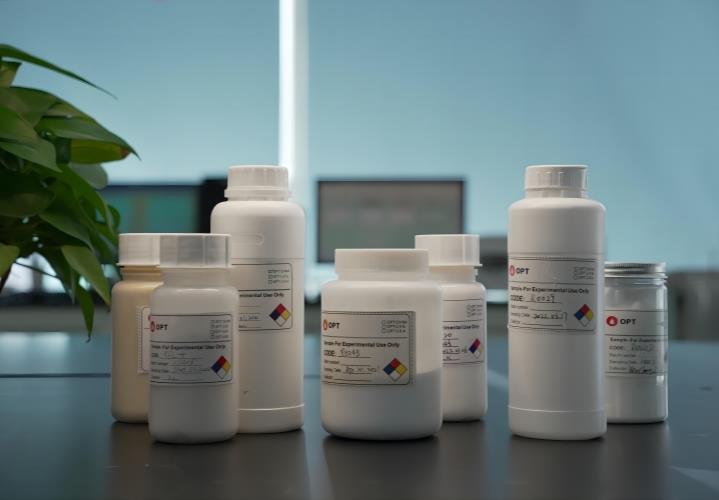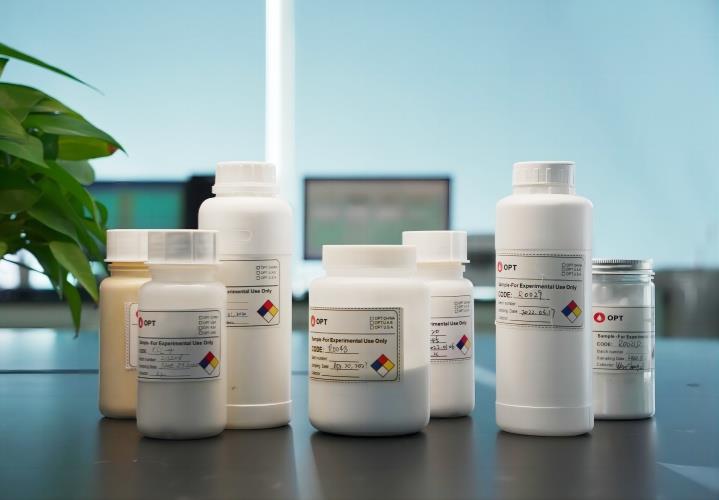Typical Properties and Field Applications
FCS technology was commercialized in 2011 successfully and has been applied in various oil and gas fields in the world. It has been proved to be effective in cementing oil or gas wells with the following conditions and properties:
|
Temperature: |
BHST 60-662℉ (15-350℃) |
|
Density: |
8.3 ppg to 23.3 ppg (1.00 – 2.80 g/cm3) |
|
Mix-water: |
Fresh water |
|
Compressive strength: |
20-30 MPa/200℃ for 7 days |
|
API fluid loss: |
≤50 mL |
|
Treatment Wells: |
Steam injectors, gas storage wells, geothermal wells, unconventional multi-stage fracturing wells |
Typical FCS properties are shown in the following Figures and Pictures.
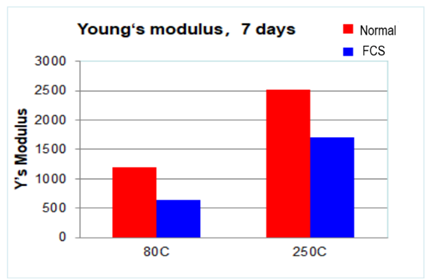
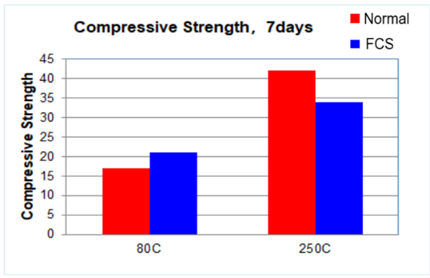
Elasticity and Compressive Strength of Cement Prepared with FCS and Regular Slurry
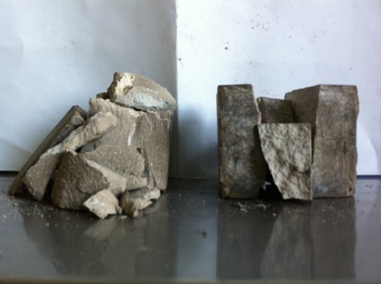
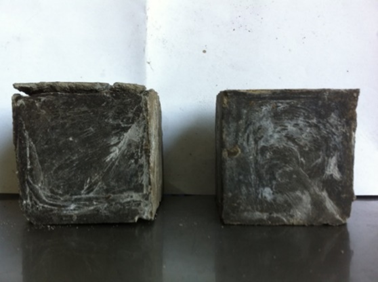
Cement Integrity Prepared with Regular and FCS Slurries
Precautions and HSE Considerations
FCS systems include three major additives which are flexible additive
KCM024, DuraCem additive KCM044A and expanding agent KCM025H/KCM025HC. Other
additives such as fluid loss agent, retarder, dispersant are generally used for
controllable rheological, fluid loss, thickening time and stability of FCS
cement slurries. Laboratory tests are required to confirm the compatibility
between FCS additives and other additives to be used in the slurry.
The laboratory procedures, quality assurance
program and guidelines for field mixing and handling of FCS systems are
described in FCS fluid manual.
Refer to the technical sheet and SDS of the
respective product for the health, safety and environmental information of each
product.


